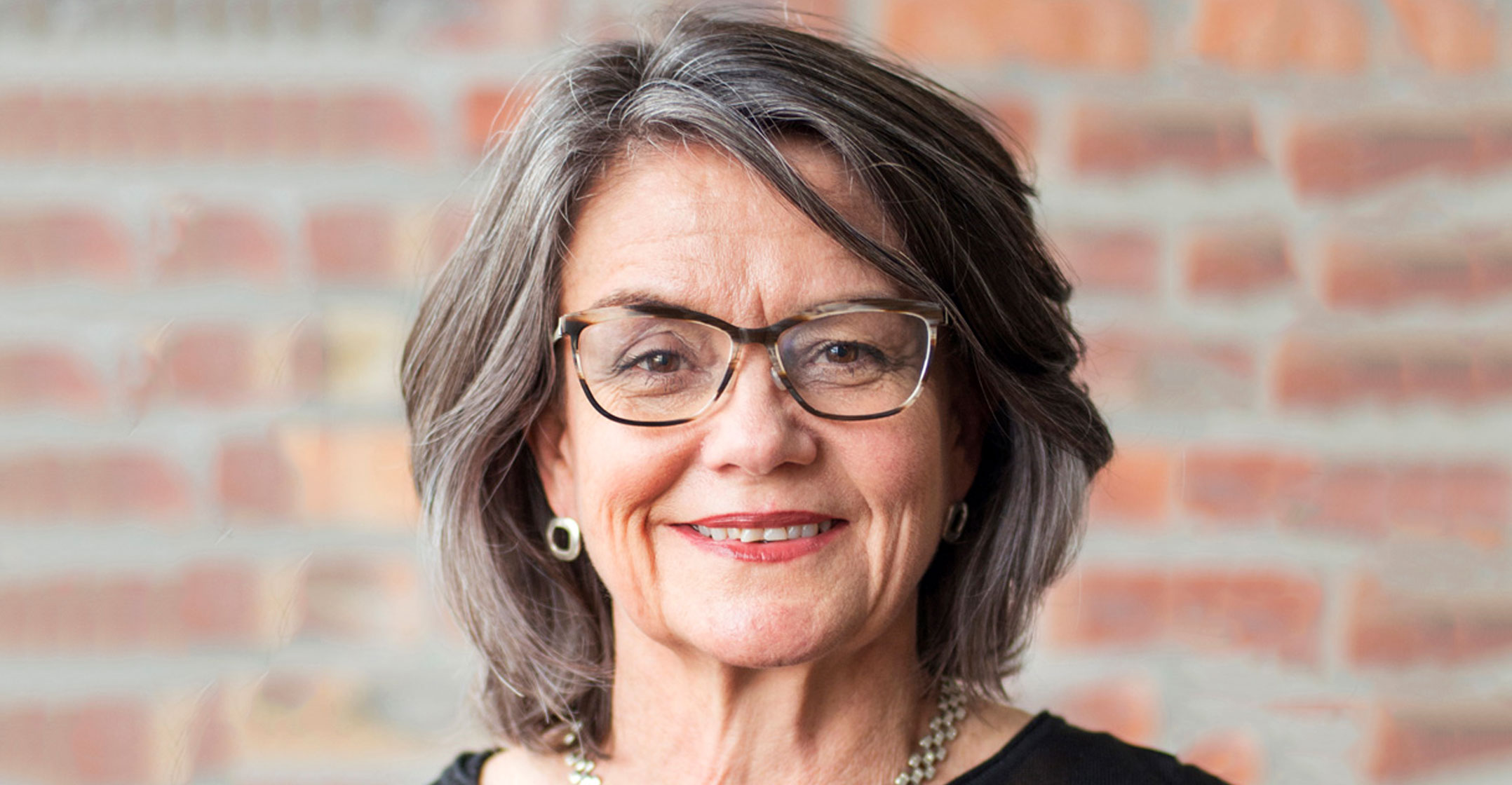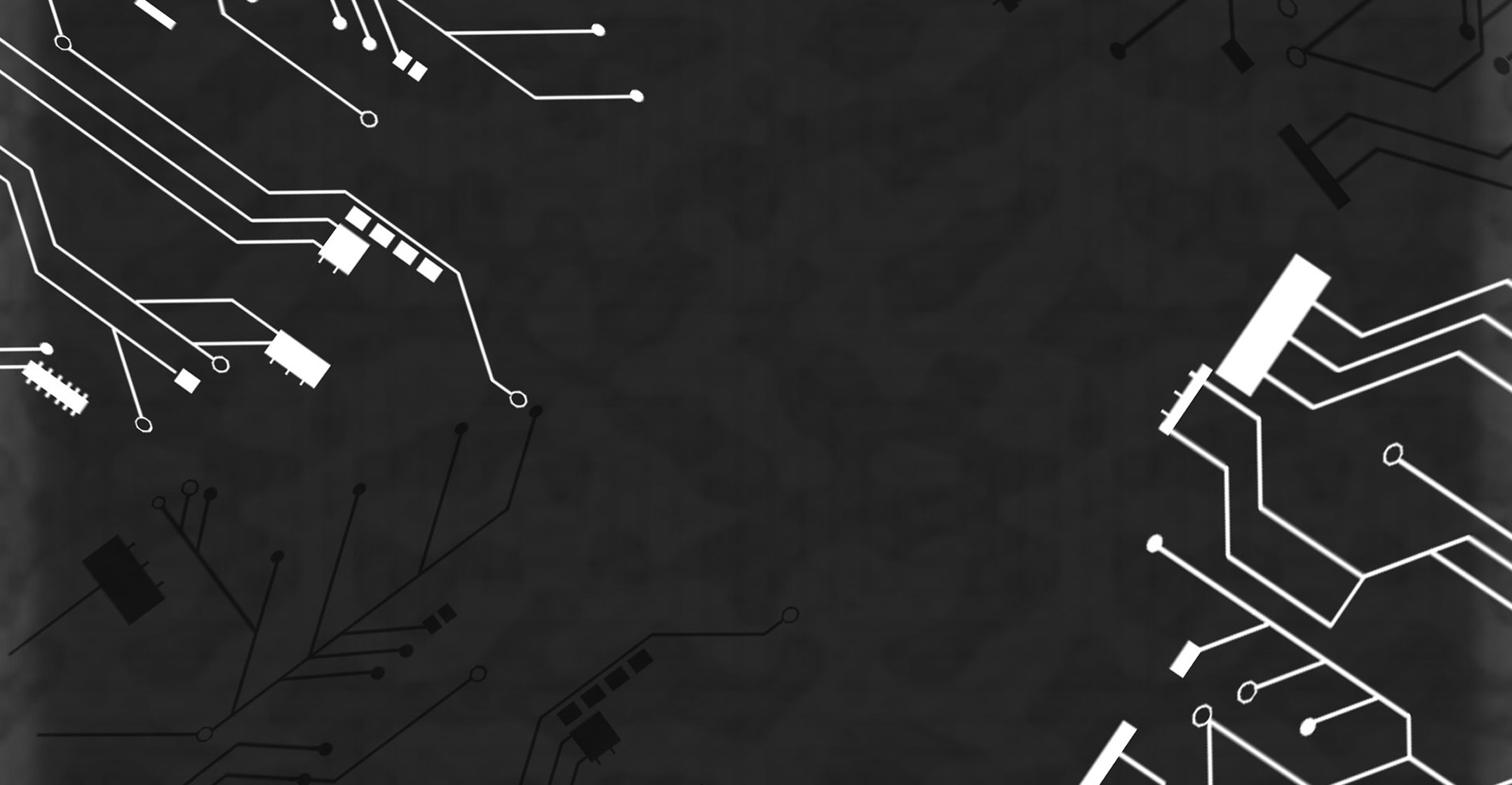 In the three short years that the World Economic Forum has been punting the concept of the fourth Industrial Revolution (4IR) as the route to prosperity for digitally savvy nations, it has become global policy conventional wisdom.
In the three short years that the World Economic Forum has been punting the concept of the fourth Industrial Revolution (4IR) as the route to prosperity for digitally savvy nations, it has become global policy conventional wisdom.
South Africa has not been immune to the hype. The government has shifted its focus and resources to the 4IR. And it’s been prioritised over more mundane, but essential, policy interventions aimed at ensuring the more equitable inclusion of the populace into a modern, digital economy.
This diversion of resources is not by government only. International donor agendas and funding have pivoted to the 4IR. This has mostly been to artificial intelligence. In the process, critical research on creating the necessary conditions in developing countries for inclusive digital economies and societies, and implementation projects, have been left stranded. These would include ensuring broadband extension, affordable access, education and digital skills.
Without public investment in independent, local multidisciplinary digital policy research there has been no base to prepare policy makers for 4IR. Public interest research in this area has long been dependent on the vagaries of donor funding. It is therefore not surprising that South Africa relies on the blueprints of international lobbies, global industry associations and private foundations representing the interests of what have become global monopolies.
Government’s response to the lack of policy research on 4IR has been the establishment of the WEF Centre for the 4IR based at CSIR.
Various government departments have developed policies in their sectoral silos. But there is no overarching digital policy to achieve the co-ordination required across the state and between the public and private sectors.
A commission appointed by President Cyril Ramaphosa earlier this year is meant to provide some of this overview. Can it, with the industry-dominated working groups, provide a public interest outcome? And why are the industry-led working groups replicating the protracted six-year integrated white paper process that has yet to be implemented?
Assumptions don’t apply
The adoption by South Africa of 4IR models and policy designed by WEF partner consultants is based on several assumptions that don’t apply to developing countries. These include mature, competitive markets and functioning democracies, capable institutions and educated and healthy populations. As a result, the proposed policies are unlikely to contribute to economic growth, job creation and the empowerment of women envisaged by President Ramaphosa in his inaugural address.
Unlike most other African countries, South Africa has already developed some cutting-edge public and private sector 4IR technologies. The CSIR, for example, owns the largest 3D printer.
But public investments have done little to deal with the country’s extreme digital inequality. The productive use of these enabling new technologies is only being enjoyed by a relatively small elite. Half of the country’s population doesn’t have even basic access. And for those barely online due to affordability or skills challenges, digital use is entirely consumptive.

There is little doubt that the inevitable rise of the advanced technologies of artificial intelligence, blockchain and drones will disrupt economies and societies. But when this happens, the degree to which it will happen will be highly uneven. Like other industrial revolutions, this one will be characterised by evolution as much as by disruption. Unless something dramatically different is done, one of the continuities will be the perpetuation of inequality. And the primary determinant of inclusion is education and digital skilling.
The layering of advanced technologies over existing inequalities won’t contribute to digital inclusion. It will simply worsen inequality within and between nations. How quickly South Africa can redress existing inequalities will determine the degree to which it is able to harness the potential benefits of advanced technologies for equitable development.
This is not to suggest that South Africa should eschew all international good practice. The country’s shortage of resources, particularly skills and expertise, requires it to use private investments for the delivery of public goods such as the Internet. But this doesn’t mean abdicating digital policy to the private sector, international or domestic.
And 4IR is distracting government from the unfinished business of previous policy and institutional failures, as well as regulatory bottlenecks. While government continues to deal with digital policy in sectoral silos it will not be able to deal with the cross-cutting nature of “digitisation” and “datafication” of the economy and society.
To fulfil its social contract with the citizenry, South Africa requires a capable state. The state must create the enabling conditions for the public and private sector to harness the opportunities arising from technological developments.
But to do so it must complete the multitude of policies and regulations that have not been implemented, or are not been implemented according to policy intent. Examples include the five-years-overdue connectivity for all public buildings and installation of public Wi-Fi at them. Another is a decade-long failure to release high-demand spectrum. And there’s the incomplete market concentration review as well as the two-decade failure to complete the digital migration.
Not automatically beneficial
It is true that the country can’t wait around while this being done. Integration into the global economy is happening at a faster and faster pace. But it’s not automatically beneficial. What’s needed is data and analysis to inform policy through genuinely consultative multi-stakeholder processes that represent the diverse interests and expertise within the country. Otherwise South Africa won’t be included on its own terms or on those of its partners.
South Africa needs to institutionalise digital data gathering together with the national statistical system which underpins multidisciplinary policy research in its universities and policy formulation. Only then will it be able to develop organic, alternative policy and regulatory strategies to those that have failed in developing country contexts.
To this end, public investment in universities is needed. This will enable knowledge and skills to be developed to undertake research and implement policy.
 This will necessitate a shift from the sectoral silos in which digital policy has traditionally been formulated. In its place a national policy enabling the necessary integration is required across the public sector. In addition, there needs to be coordination between the public and private sectors.
This will necessitate a shift from the sectoral silos in which digital policy has traditionally been formulated. In its place a national policy enabling the necessary integration is required across the public sector. In addition, there needs to be coordination between the public and private sectors.
Governments have no control over the biggest players operating in their jurisdictions. These near-monopoly global platforms are largely unaccountable to anyone. Platforms that are offering millions of people social value services are also — wittingly or not — exposing them to mass surveillance, public and private. This is popularly referred to as “surveillance” capitalism.
So, at the same time as creating affordable access to the Internet, South Africa must find ways of effectively mitigating risks and preventing potential harm. Two events have brought this into sharp relief. The first was the attack on national databases. The second was the Cambridge Analytica debacle. This involved the personal details of approximately 60 million South African Facebook users being exposed.
South Africa does not have the luxury of dealing with these problems sequentially. Adaptive regulation is needed to ensure the country reaps the benefits of digitalisation and datafication that will integrate it more into the global economy. And limiting harms will require complex, adaptive regulation.
This will be a challenge for the country’s historically weak sectoral policy and regulatory institutions. It will also require cross-sectoral coordination between communications, international affairs, trade, defence, science and technology.![]()
- Alison Gillwald is adjunct professor, Nelson Mandela School of Public Governance, University of Cape Town
- This article is republished from The Conversation under a Creative Commons licence

